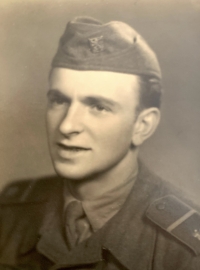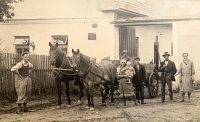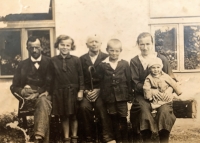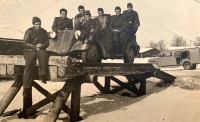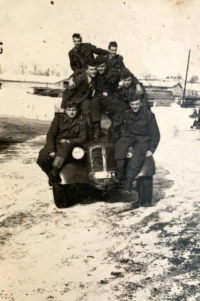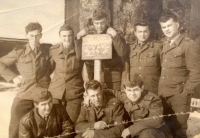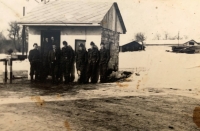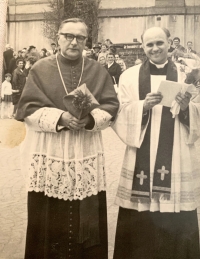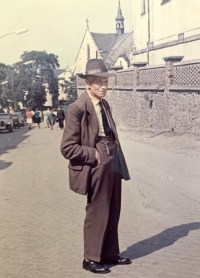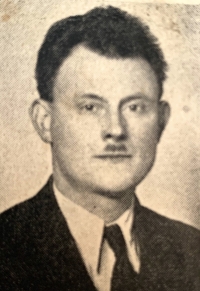He drove us outside, lunged at the woman, and emptied the cabinet of cut glass
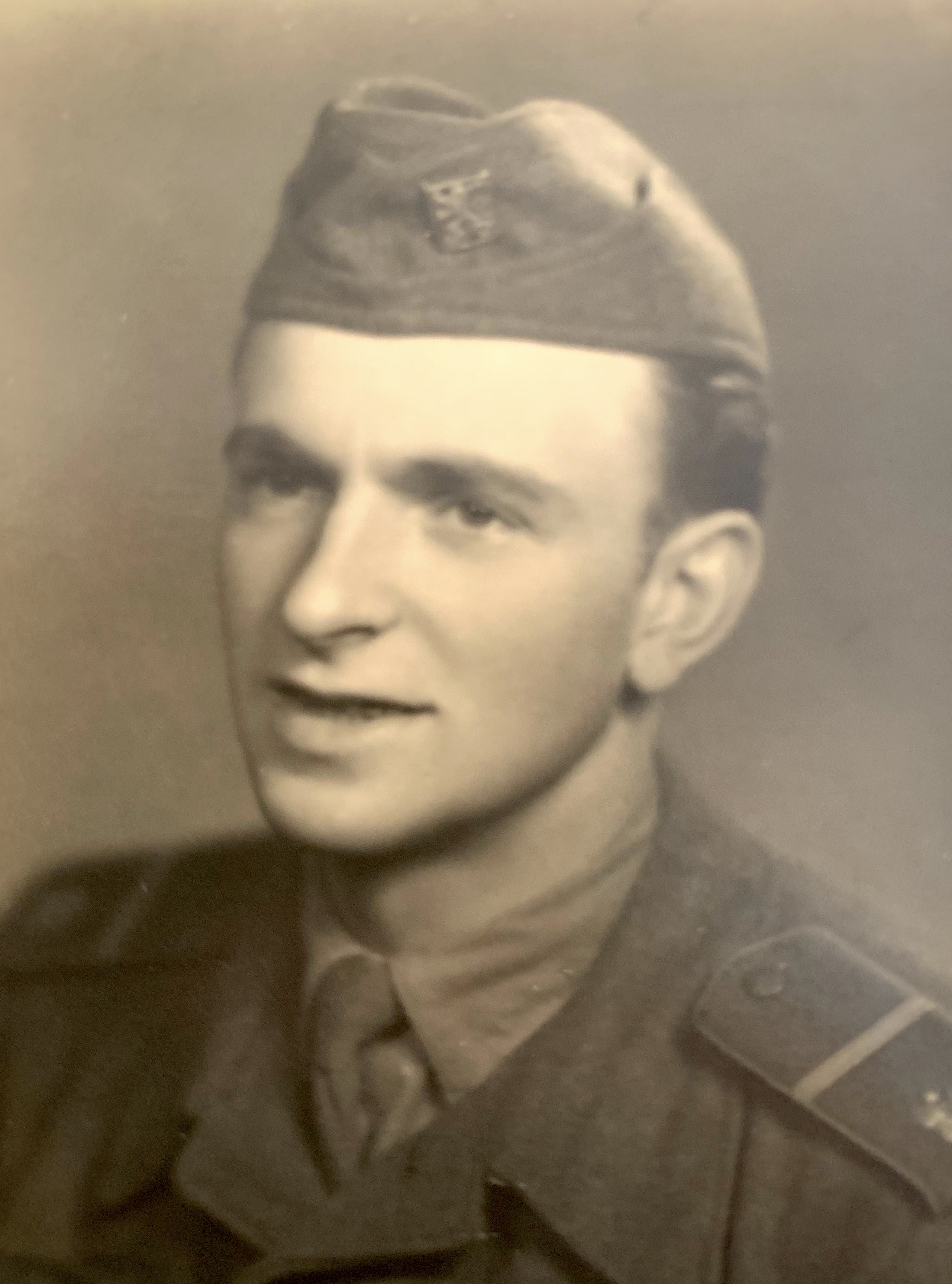
Stáhnout obrázek
Václav Půža was born on 7 September 1931 in the village of Věžnice in Vysočina, which was located in the area of the German language island. He was the youngest descendant of Jan and Marie Půža, who farmed 23 hectares of farmland. In 1941 he lost his mother and two years later the Nazis arrested and executed his uncle, the resistance fighter Josef Půza, in Wrocław. He lived through the Second World War and its end in Věžnice, where he witnessed looting, the violent behaviour of Red Army soldiers, the stay of the Romanian army for several weeks and the displacement of the German population. After the war, he studied at the economic winter school in Polná and then at the agricultural school in Humpolec. After graduating, he started working as a trainee on a state farm in Lípa, where he met the condemned farm manager Paroubek and Jiří Reynek, later a translator and son of the poet Bohuslav Reynek. In 1952-1954 he completed his military service in Slovakia (among others at the Military Training Centre Lešt‘ - Oremov Laz). In the meantime, their family farm faced increasing collectivization pressure. In 1958 he was dismissed from the Benzina Šlapanov company for class reasons. Subsequently, he joined Kovošrot in Jihlava, where he worked until his retirement in 1991. After the collapse of the communist regime, he received out-of-court rehabilitation for his unjust dismissal. He celebrated his 90th birthday in 2021. At the time of the filming in January 2025, he was living in Polná.
